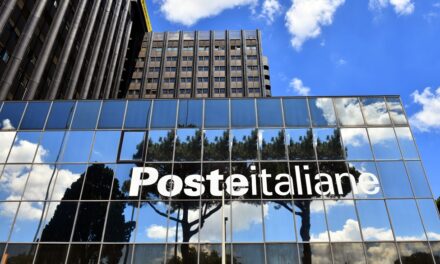
New Poste Italiane chief signals fresh focus on mail and parcels
The new boss of Poste Italiane has said the national postal operator in Italy needs to invest to regain lost ground in the mail and parcels market. Francesco Caio was speaking yesterday at a meeting of the Poste Italiane board of directors, laying out areas where he believes the organisation needs a “strong recovery operation”.
He said the Italian postal service had seen its postal revenues fall 12% in the past three years, a steeper decline than the European average.
The EUR 500m drop in profitability from 2010 to 2013 was only partially offset by growth in financial services, he added.
Poste Italiane has been one of the most profitable national postal services in the world in recent years, but much of its success has come in financial and insurance products.
The company made more than EUR 1bn profit in 2013, but postal revenue was down 4.4% year-on-year.
Caio, who has succeeded Massimo Sarmi as Poste Italiane’s chief executive, told his board that the company has lost ground in the growth industry that is the parcel business, unlike its competitors, and now has a market share of just 8%.
“The Group must focus on mail and logistics, investing in quality, technology and innovation,” he said.
Privatisation
The Italian government has decided that Poste Italiane should be partially privatised within a year, and its new chief executive said the project was of “great strategic importance” in terms of the financial position of the company and its future role providing essential infrastructure for the social, economic and financial life of Italy.
It is currently understood that about 45% of the company will be sold to help Italy with its national debt.
“In recent weeks we have completed the selection of advisors, created a team dedicated to the coordination of the many tasks to complete prior to listing, and defining a first roadmap for the coming months,” Caio revealed, adding that a Strategic Plan would be presented within weeks.
“Given the size and complexity of the Group, and the time that other privatisations have taken, our deadlines are a major challenge, but one that we do not intend to avoid.”











